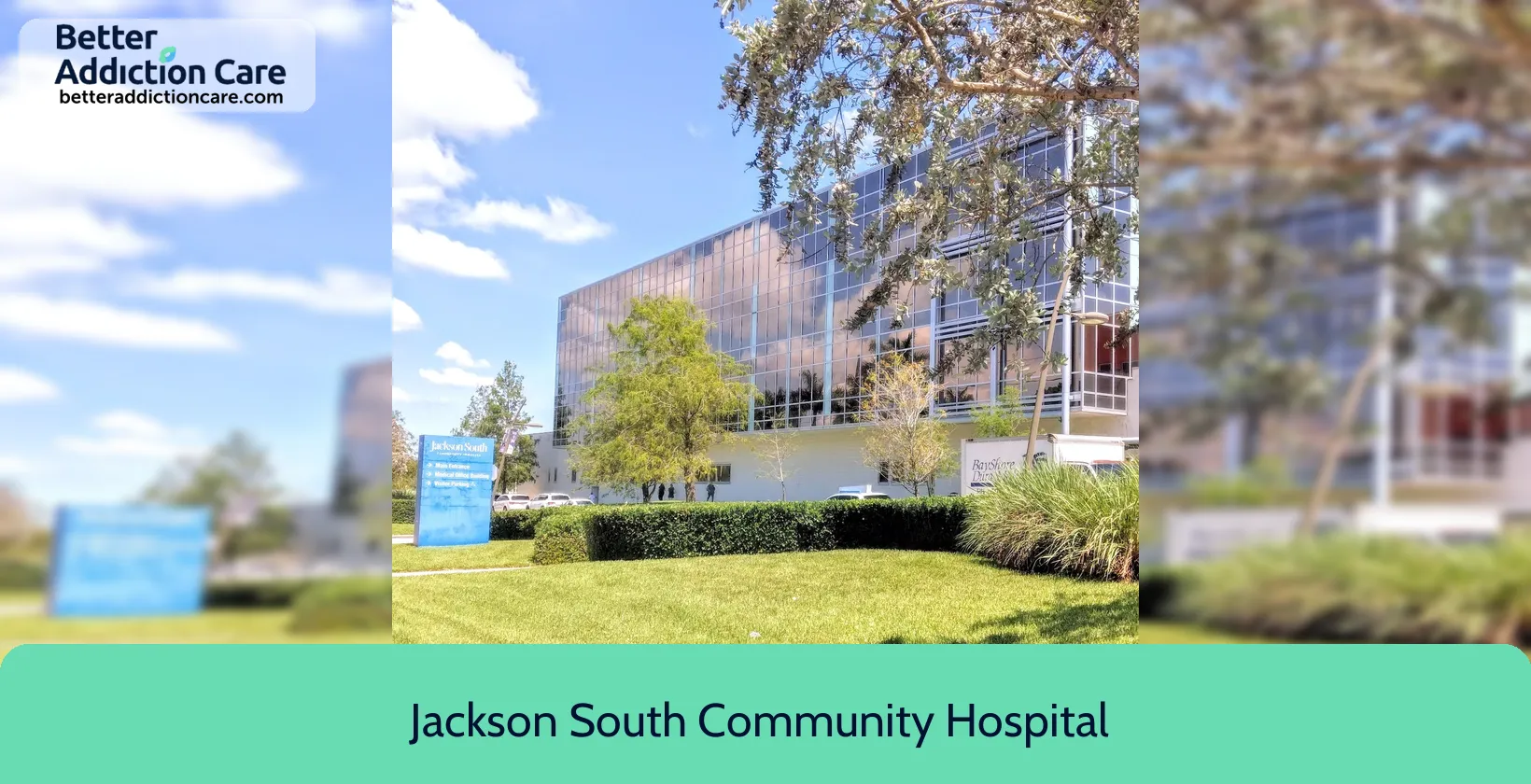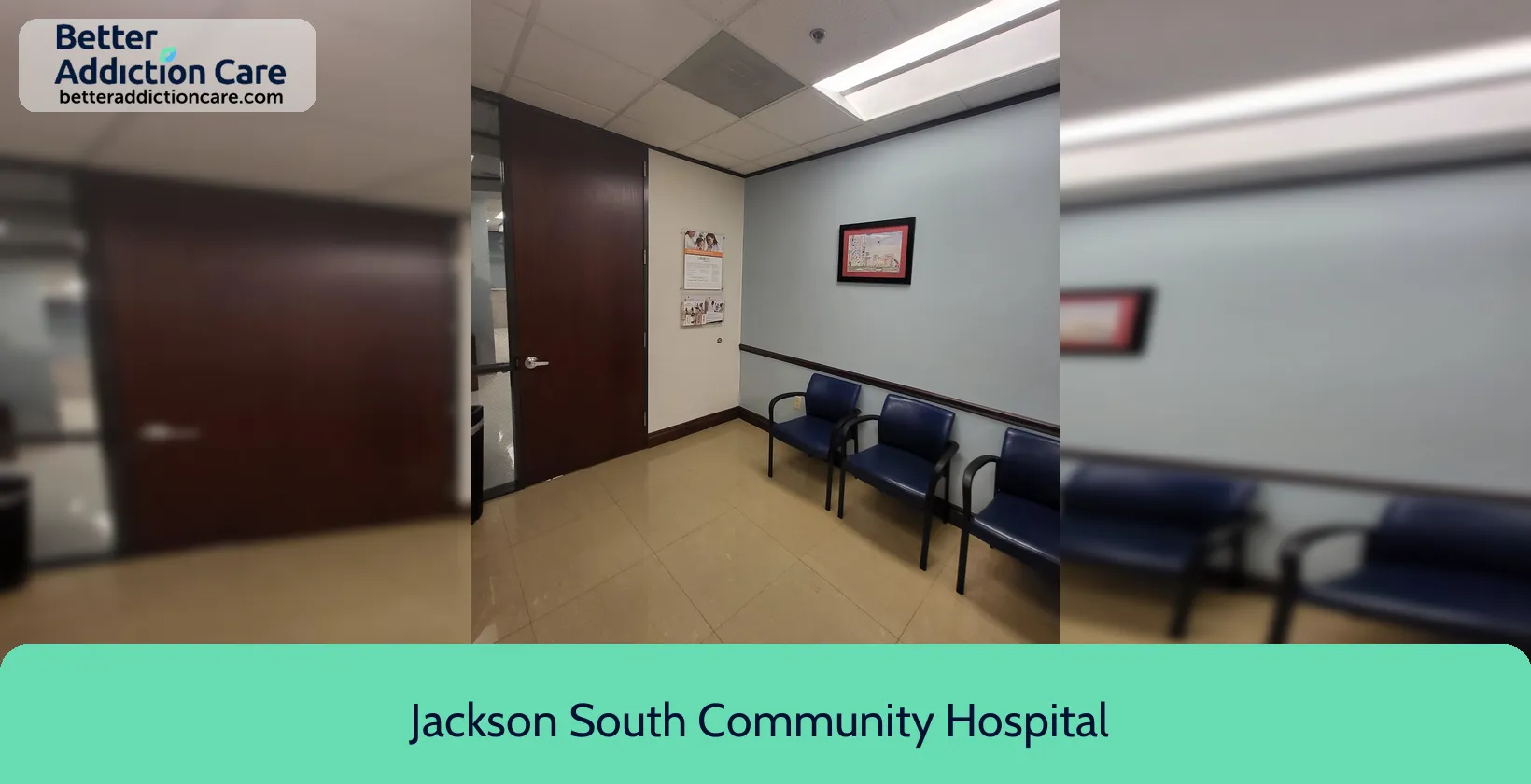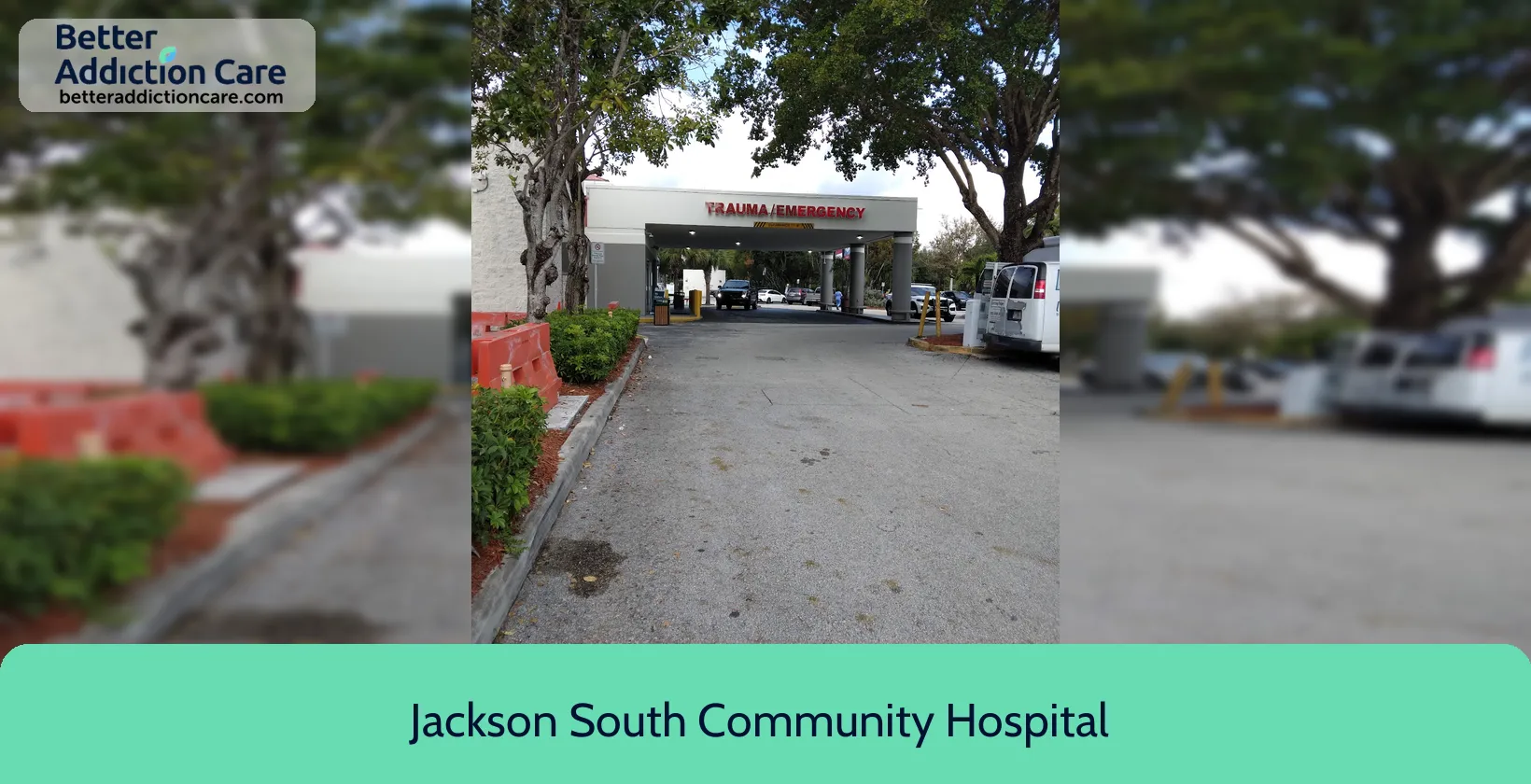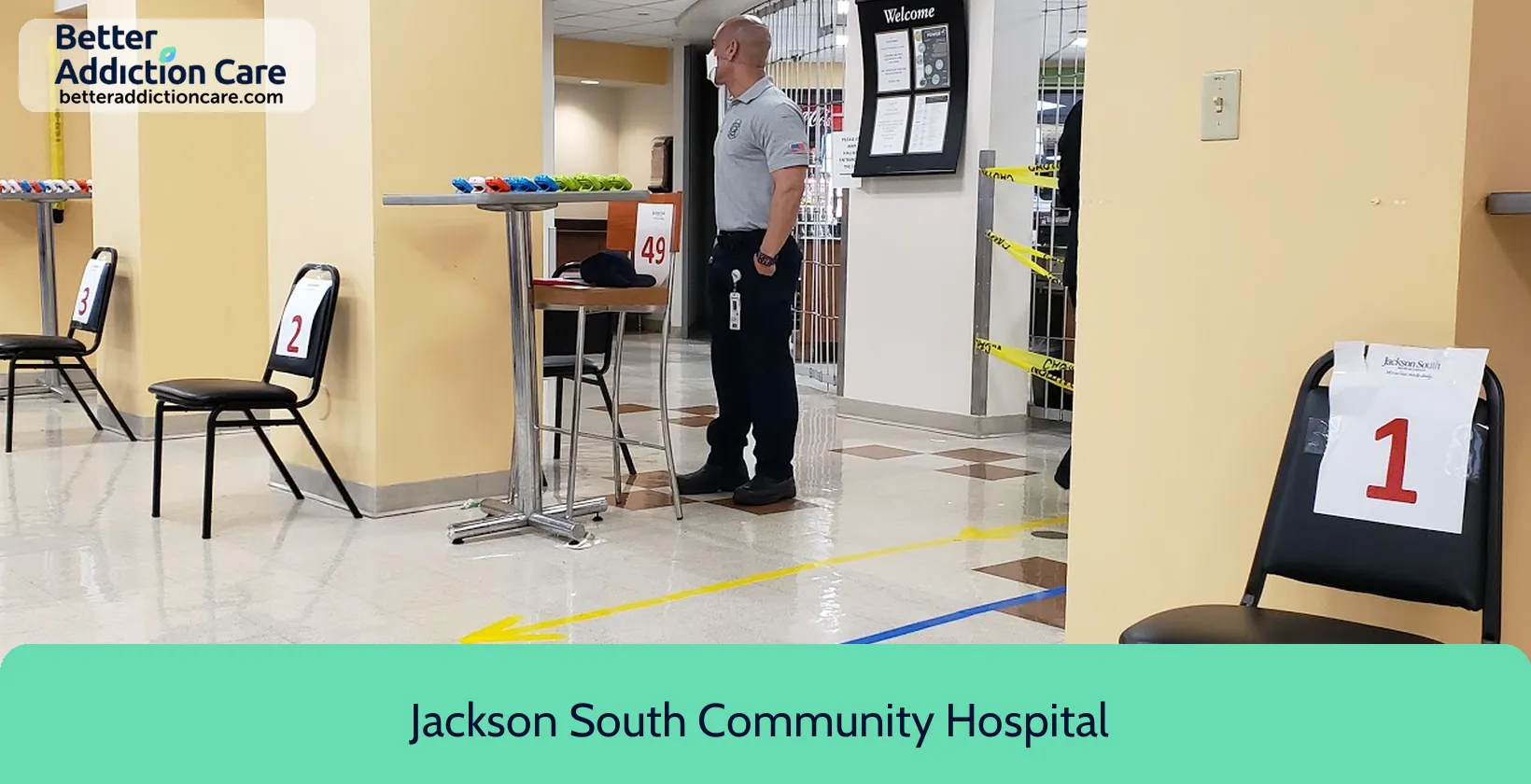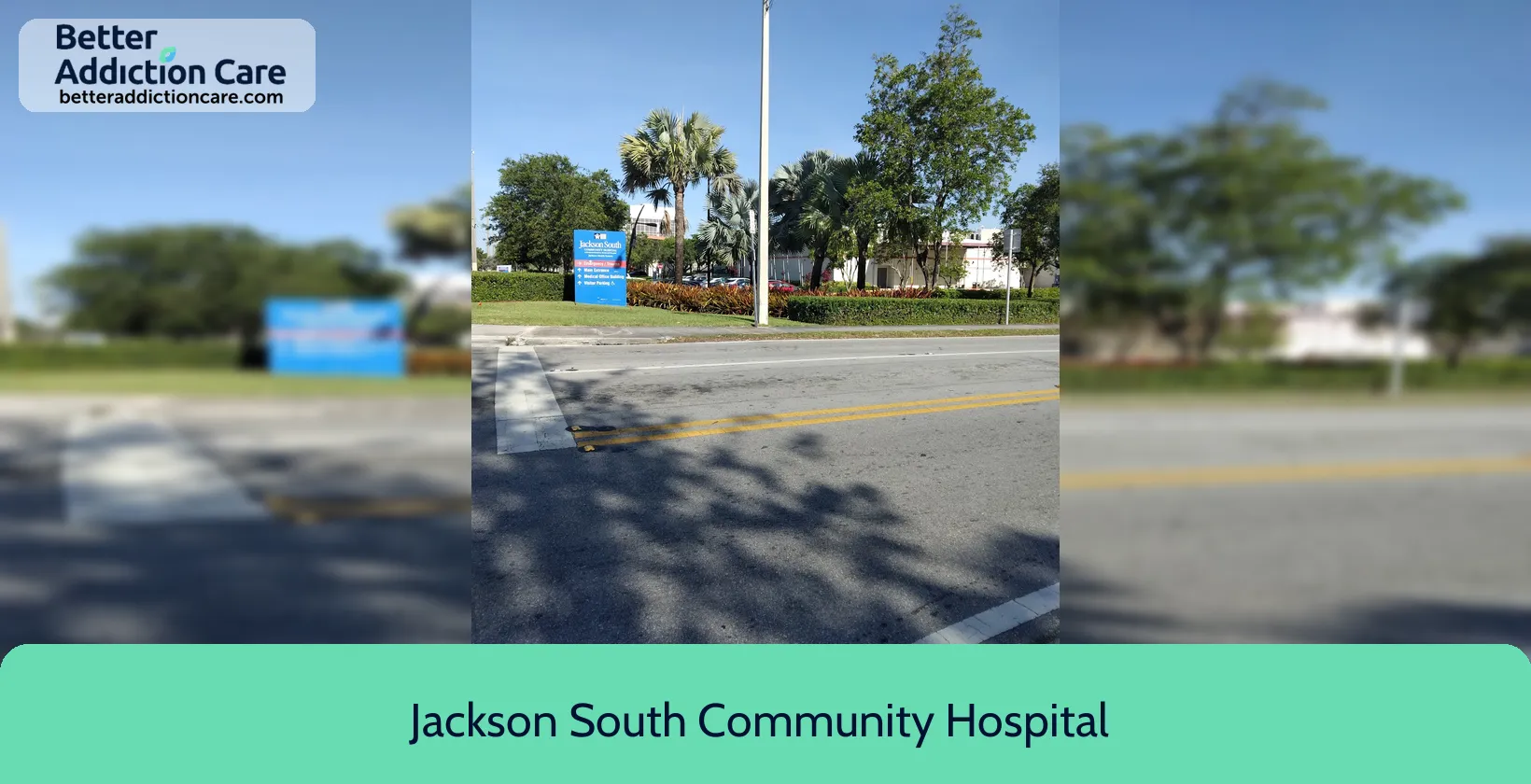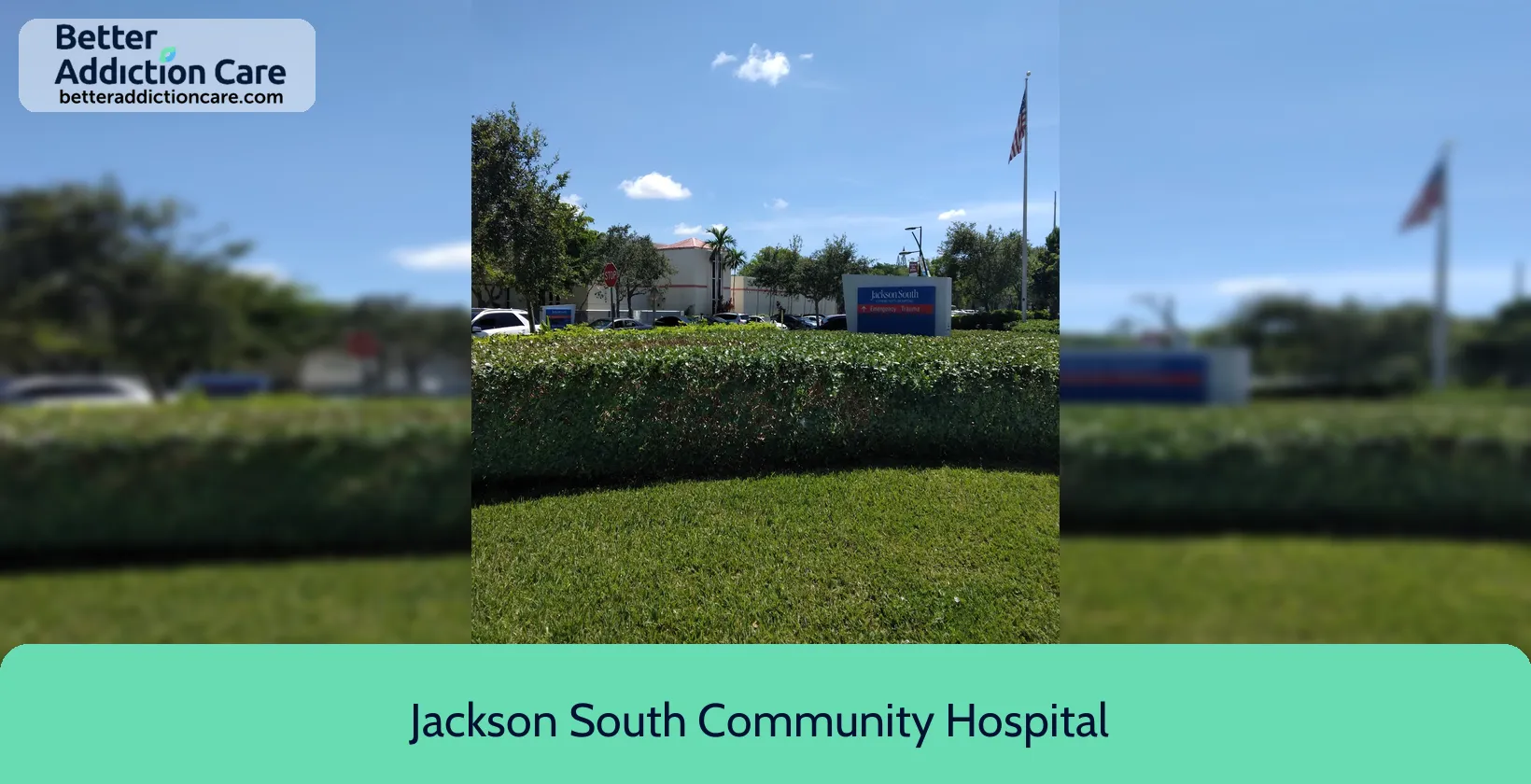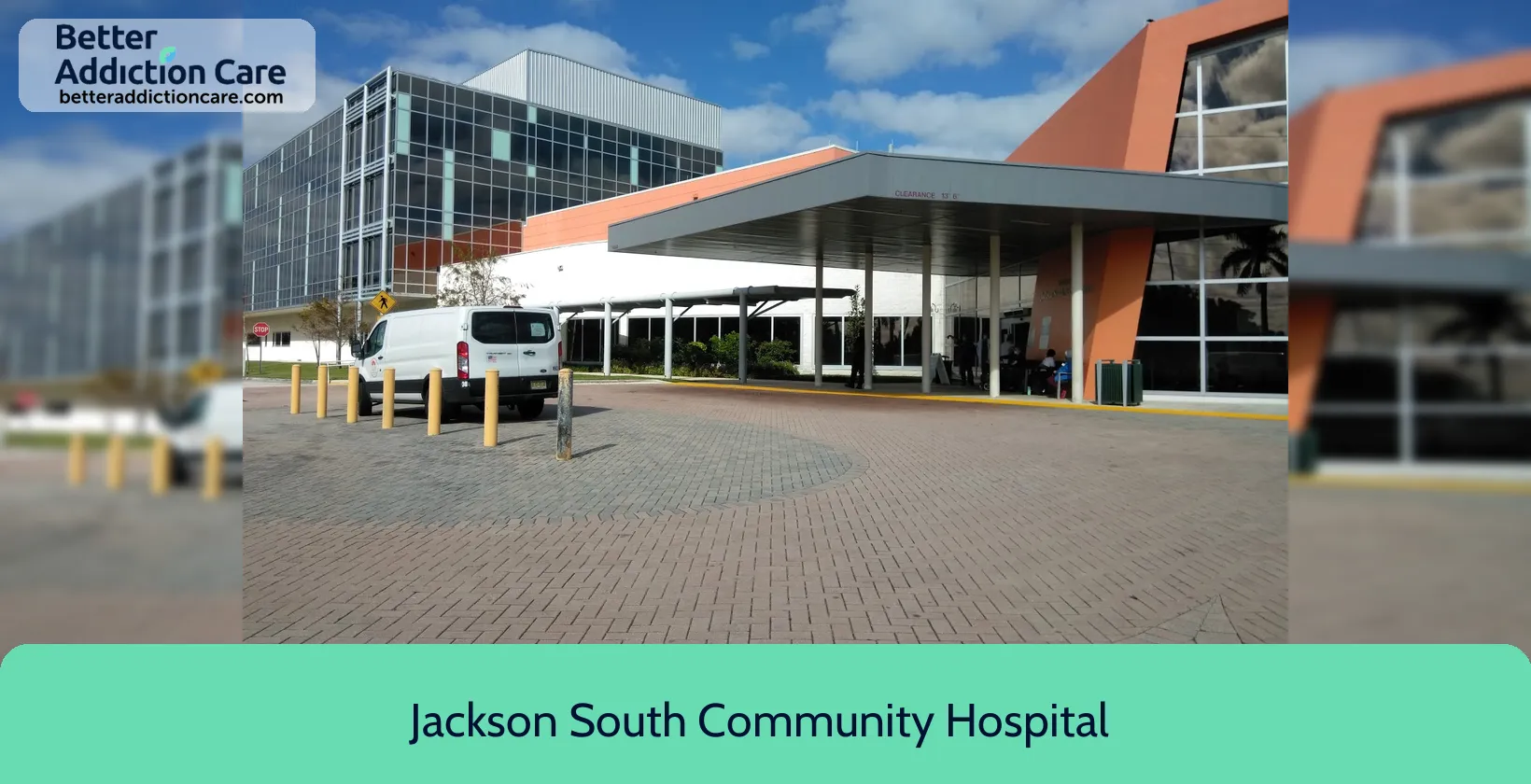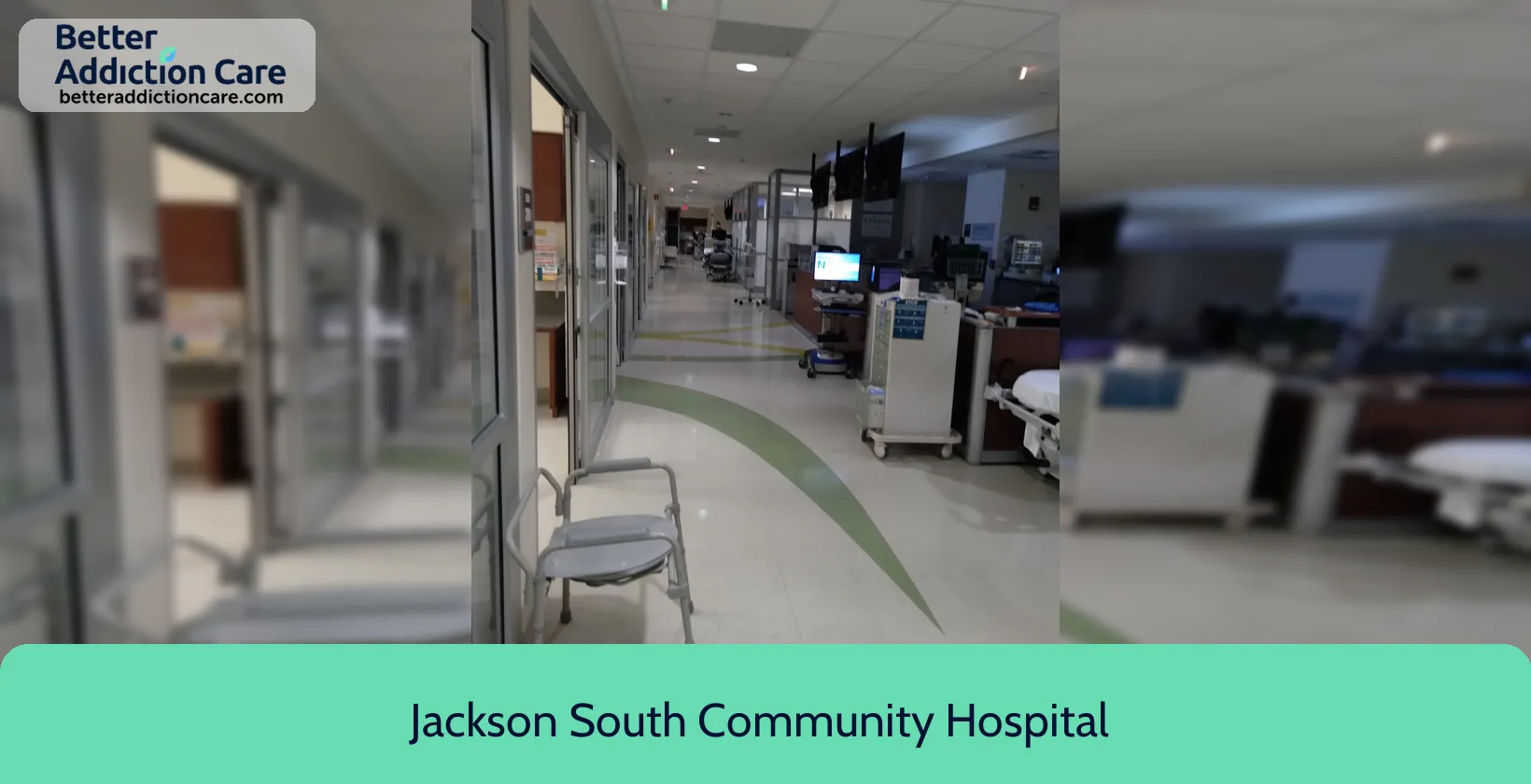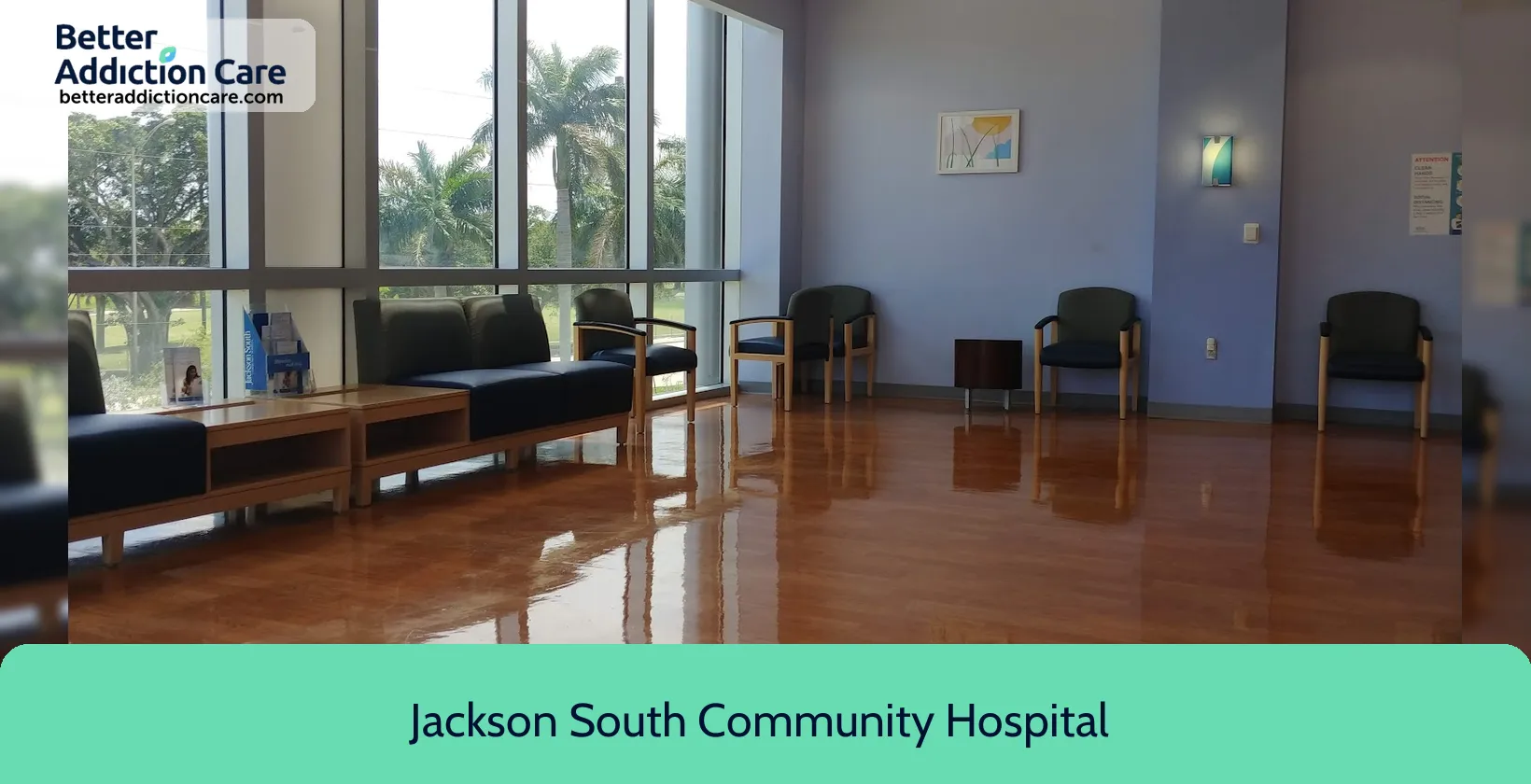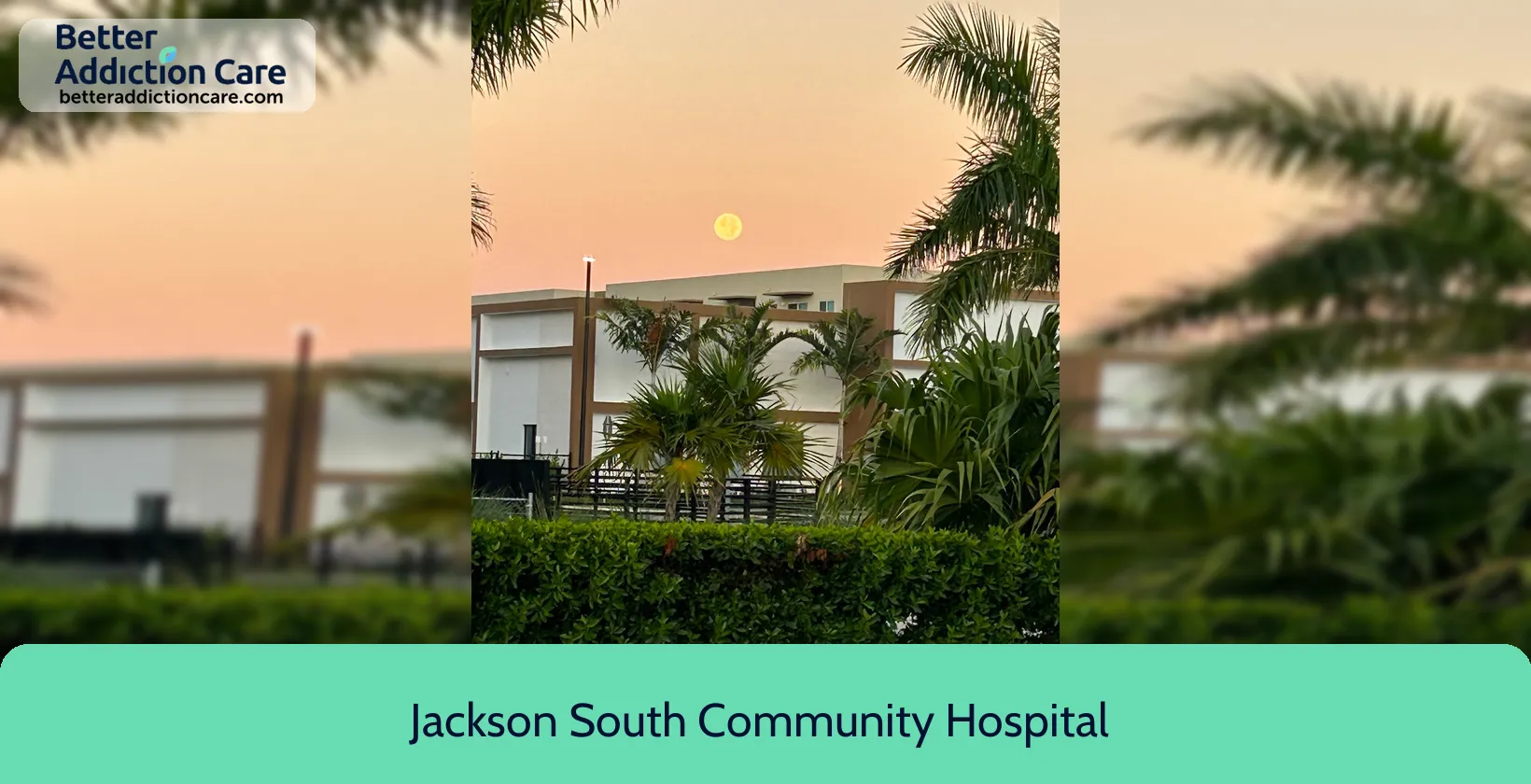Overview
Jackson Behavioral Health Hospital, located in Miami, Florida, offers comprehensive mental health care to people of all ages, including children, adolescents, adults, and the elderly. The facility is committed to meeting a wide spectrum of mental health needs through specialized programs that ensure each patient receives tailored care. There is no indication that the programs are gender-specific or faith-based, therefore they are accessible to anyone.
The facility provides a range of programs, including detoxification, inpatient rehabilitation, outpatient services, partial hospitalization (PHP), aftercare, and sober living choices. Cognitive behavioral therapy, anger management, animal-assisted therapy, and assertive community treatment are some of the available treatment options. Jackson Behavioral Health Hospital, the biggest freestanding behavioral health hospital in Florida, is known for its commitment to quality care and offers services in English, Spanish, and American Sign Language. The facility is accredited by The Joint Commission, which ensures high quality of treatment.
Jackson South Community Hospital - Behavioral Health at a Glance
Payment Options
- Cash or self-payment
- Medicaid
- Medicare
- State-financed health insurance plan other than Medicaid
- Private health insurance
Assessments
- Screening for tobacco use
- Comprehensive mental health assessment
Age Groups
- Seniors or older adults
- Young adults
- Adults
- Seniors
Ancillary Services
- Suicide prevention services
Highlights About Jackson South Community Hospital - Behavioral Health
6.71/10
With an overall rating of 6.71/10, this facility has following balanced range of services. Alcohol Rehabilitation: 8.00/10, Drug Rehab and Detox: 6.00/10, Insurance and Payments: 6.00/10, Treatment Options: 6.85/10.-
Alcohol Rehabilitation 8.00
-
Treatment Options 6.85
-
Drug Rehab and Detox 6.00
-
Insurance and Payments 6.00
Accreditations
The Joint Commission:

The Joint Commission accreditation signifies that a facility has met rigorous standards of excellence in patient care, treatment, and safety. It assures individuals and healthcare professionals that the accredited facility provides high-quality, evidence-based care for addiction and mental health issues, fostering trust and confidence in their services.
Treatment At Jackson South Community Hospital - Behavioral Health
Treatment Conditions
- Mental health treatment
Care Levels
- Hospital inpatient/24-hour hospital inpatient
Treatment Modalities
- Couples/family therapy
- Group counseling
- Cognitive behavioral therapy
- Dialectical behavior therapy
- Integrated Mental and Substance Use Disorder treatment
Ancillary Services
Languages
- Sign language services for the deaf and hard of hearing
- Spanish
- English
Special Programs
- Persons 18 and older with serious mental illness (SMI)
Contact Information
Read our Most Recent Article About Drug Addiction
DISCLAIMER: The facility name, logo and brand are the property and registered trademarks of Jackson South Community Hospital - Behavioral Health, and are being used for identification and informational purposes only. Use of these names, logos and brands shall not imply endorsement. BetterAddictionCare.com is not affiliated with or sponsored by Jackson South Community Hospital - Behavioral Health.
